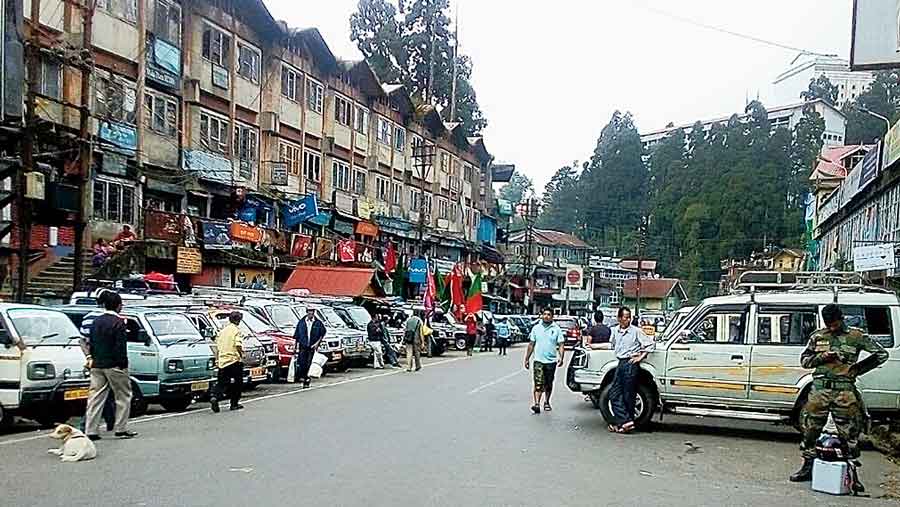The Confederation Indian Industry (CII) has taken up the task to try and create avenues for alternative employment for residents of Darjeeling and Kalimpong hills.
“We have drawn up a plan to generate employment through the mobilisation of rural entrepreneurship hubs where we are training residents to utilise available resources and come up with products which have substantial demand. Also, we are developing linkages among them and wholesale buyers so that they find it easy to merchandise their products,” said Sanjay Tibrewal, chairman of the north Bengal zone of CII.
The initiative that started a few months back gathered momentum since last month, when chief minister Mamata Banerjee asked the trade bodies, including the CII, to put in efforts so that the local population can make a living from alternative resources.
“There are ample resources in the region and trade bodies have to play a key role to explore avenues and come up with plans that can help in the creation of employment,” Mamata said while attending an administrative review meeting in the hill town of Kurseong.
So far, the CII has managed to bring in over 1,800 participants in events that have been organised to tell them how they can earn by forming clusters at local levels through the production of large cardamoms, oranges, textiles, woollen garments and soft brooms.
“There will be around six textile clusters for readymade garments as around 65 women entrepreneurs are keen to join hands for the value addition and popularisation of woollens and other garments. We will ensure that such clusters, comprising a group of local entrepreneurs, come up in Darjeeling, Mirik, Sonada and in Kurseong,” said Tibrewal.
He said that according to the plan, the state government will support these clusters with infrastructure and machinery to ensure a better quality of produce from the hills.
The trade body, sources said, has also planned to collaborate with experts to resolve the issue of pest attack that has been plaguing orange and large cardamom cultivations.
“We need expert advice to boost productivity of plantations. Also, steps would be taken to link farmers with the markets of these products that run in places such as Bijanbari and Sukhiapokhri,” said a source.
Recently, a team of CII visited Kaijale-Bijanbari, an area where squash (a popular hill vegetable) is cultivated and soft brooms are made.
“We want to find out what the cultivators and the broom-makers need. Accordingly, plans would be made to help them, whether it be increasing the scale of production or merchandising the items,” Tibrewal added.











